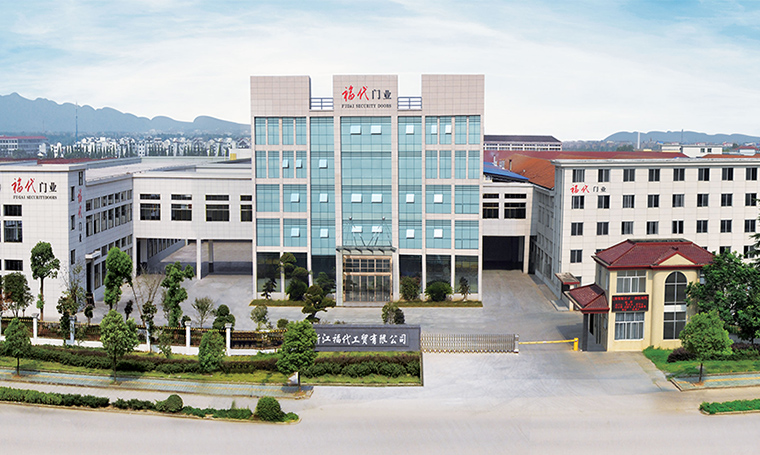What Are The Benefits Of Using Cast Aluminum Doors In Commercial And Residential Properties?
1. Durability: Cast aluminum doors are highly durable and can withstand the elements, including rain, snow, and wind, without deteriorating or rusting. This makes them an excellent choice for properties that are located in areas with harsh weather conditions.
2. Strength: Cast aluminum doors are strong and resistant to impact, making them ideal for properties that require high levels of security. These doors are difficult to break, which makes them a good option for areas that are prone to break-ins or vandalism.
3. Lightweight: Despite their strength and durability, cast aluminum doors are lightweight, which makes them easy to install and operate. This is particularly important for commercial properties where heavy doors can be a safety hazard and can cause strain to employees who need to open and close them frequently.
4. Aesthetic appeal: Cast aluminum doors are available in a range of styles and finishes, which makes them a great option for enhancing the aesthetic appeal of commercial and residential properties. They can be customized to match the existing architectural style of the building, and can also be painted or powder-coated to match any color scheme.
5. Low maintenance: Cast aluminum doors are low maintenance and require minimal upkeep. They do not need to be painted or stained regularly, and they are resistant to corrosion and rust. This means that they are a cost-effective option in the long run, as they will not require frequent repairs or replacement.
6. Energy efficiency: Cast aluminum doors are energy-efficient and can help to reduce heating and cooling costs. They are designed to prevent air leaks and drafts, which helps to keep the interior of the building at a comfortable temperature all year round.
What Are The Characteristics Of Tank Style Cast Aluminum Door Compared To Ordinary Ones?
Tank Style Cast Aluminum Doors, also known as armored or reinforced cast aluminum doors, have distinct characteristics compared to regular cast aluminum doors. Here are some key features:
1. Enhanced Security: Tank Style Cast Aluminum Doors are specifically designed to provide high-level security and protection. They are reinforced with additional layers of material, such as steel or other high-strength alloys, to withstand forced entry, impacts, and attempted breaches.
2. Increased Durability: These doors are built to withstand harsh environments and heavy use. The reinforced construction and additional layers make them more resistant to damage from physical force, extreme weather conditions, and wear and tear. They are ideal for areas that require robust security measures.
3. Bullet and Blast Resistance: Tank Style Cast Aluminum Doors often offer enhanced ballistic and blast resistance capabilities. They can be fortified with materials like bullet-resistant glass, specialized alloys, or composite panels to provide protection against firearms, explosions, and other ballistic threats.
4. Customizable Design: Despite their reinforced construction, these doors can be customized to match various architectural styles and design preferences. They can be manufactured in different sizes, finishes, and configurations to suit the specific requirements of a property while maintaining their security features.
5. Sound Insulation: Tank Style Cast Aluminum Doors often provide good sound insulation properties due to their robust construction. They can help reduce noise transmission, creating a quieter and more peaceful environment inside the building.
6. Compliance with Safety Standards: These doors are designed and manufactured to meet or exceed industry safety standards and regulations related to security, fire resistance, and ballistic protection. They undergo rigorous testing to ensure their performance and durability.
Tank Style Cast Aluminum Doors offer an elevated level of security, durability, and customization options compared to regular cast aluminum doors. They are suitable for high-security applications such as government buildings, embassies, financial institutions, and other properties that require robust protection.








 Español
Español Deutsch
Deutsch عربى
عربى




































